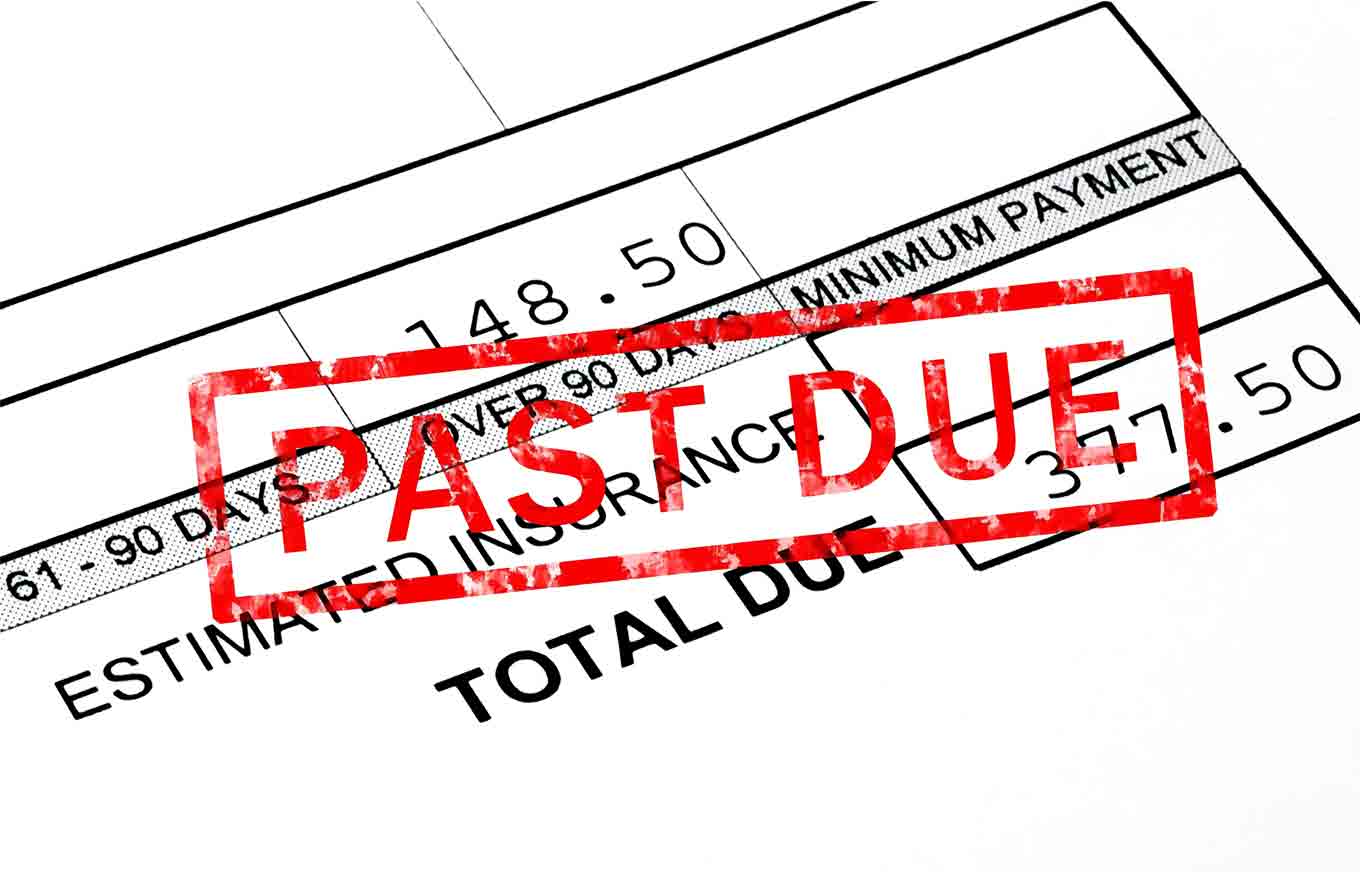Are you owed money by a debtor?
And you’re not quite sure whether to just forget about it and write it off, or pursue it?
Before making your decision there are 3 critically important factors to consider.
-
Who owes you the money?
This might seem like a blindingly obvious fact that you don’t need to be concerned about. Well, it’s not obvious at all.
Let me explain. While Mick or John or Susan may have ordered your goods or services they may have been acting on behalf of, and with the authority of another legal entity such as a partnership or limited company.
I won’t go into the legal concepts of implied or ostensible authority, and explicit authority, but keep at the forefront of your mind that you need to pursue the correct legal entity.
Because if Mick was acting on behalf of “Slim Shady Builders Limited” then there is no point in suing or pursuing Mick. The correct target is Slim Shady Builders Limited which may be on the verge of liquidation or dissolution.
-
Are they a “mark”?
What I mean here is are they worth pursuing? If you are successful in obtaining a judgment against your debtor is there a possibility that you will get paid? Or a snowball’s chance in hell?
Remember: obtaining a judgment that is unenforceable is a complete waste of your time and money. Yes, you may have the legal costs of obtaining that judgment awarded against your debtor and in your favour but the bad news may well be that they still can’t pay.
-
Will it be cost effective to sue?
If the amount of money owed is small it may not be worth your while pursuing it through the Courts. Your legal costs will still have to be paid and the scale costs which you may be awarded in the District Court will almost certainly fall short of your actual legal costs.
Guess who will be picking up the financial slack? You.
Conclusion
The best way to approach bad debts is probably try to avoid them in the first place by being more selective about who you do business with and your terms and conditions of engagement.
There is a saying in retailing that “volume is vanity”. What this means is that it does not make sense to pursue turnover at the cost of setting aside your good judgment and weighting up the prospects of getting paid for your goods or services.
Let’s face it: if you want to dominate any market just undercut everyone on price. But this isn’t a sensible strategy, I’m sure you’ll agree.
So, to avoid and reduce your bad debts sometimes you just have to walk away and refuse to supply unless you are paid in advance or load the dice in your favour to ensure a return for your business.
